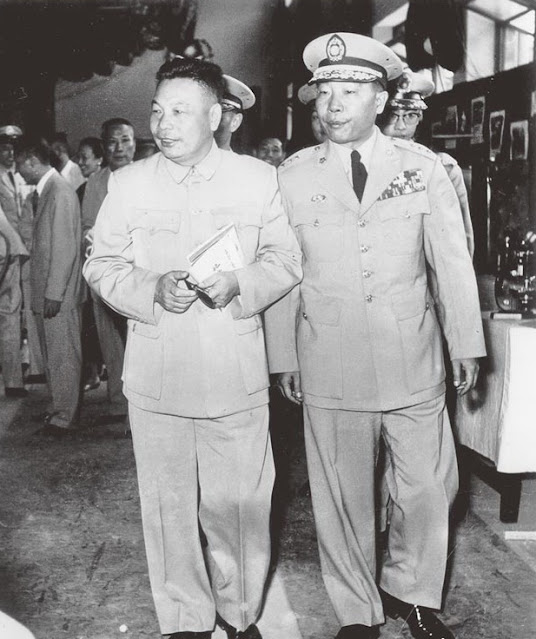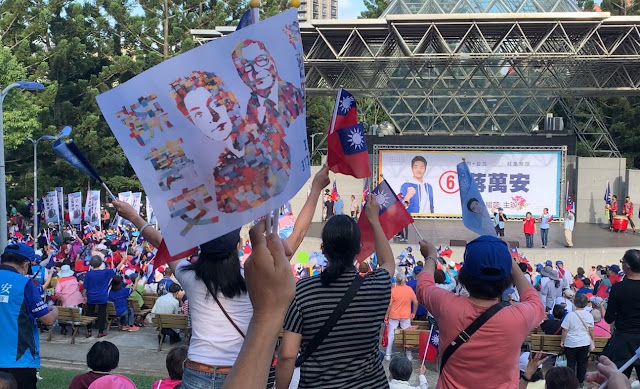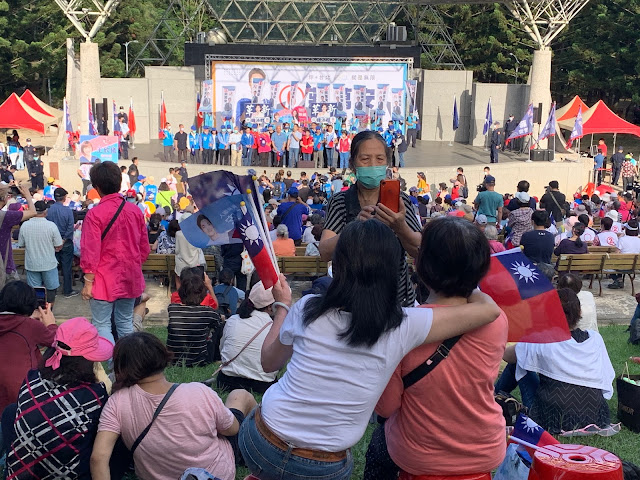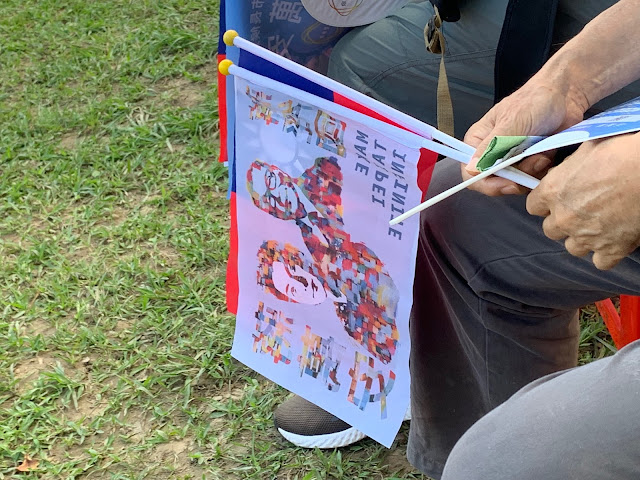Not all of these are about the election specifically. Some are, but some are more about critical points and interesting ideas being made more accessible to international audiences, simply because more Taiwanese voices are slowly starting to be heard.
A survey of Taiwanese history
First up is one I've already linked: Kathrin Hille's survey of Taiwan's history in the Financial Times. This is the article to give someone who doesn't know much about Taiwanese history, but would like to learn more. It gets a lot of little, often-overlooked details right without being overly long. For example, it's one of the only historical surveys clarifying both that the Qing, for most of their colonial reign, did not control all of Taiwan, and explores in some detail how 'not Chinese' Taiwan really became under Japanese colonial rule -- including in the minds of most Chinese leaders.
These crucial details are often overlooked in historical summaries of Taiwan, which tend to make it seem more tied to China than it ever really has been. It's engaging, readable and accurate. I honestly can't think of anything I'd fix.
Why Taiwan's election matters -- for Taiwan, and for the ideals of democracy
Next, Michelle Kuo's excellent piece in The Guardian is well worth a read. I love this one because it centers everything Taiwan has gotten right. Essentially, that Taiwan may have its issues but the fundamentals are good. It also correctly positions Taiwanese democracy as something that grew out of the resistance movement to KMT dictatorship. That is, it came from the Tangwai, the fighters, the Taiwanese insisting on something better.
Certainly, KMT supporters want to believe that they are the party of democratization, because it's easier to take comfort in that than to think about all the ways their party attempted to stop it from happening, and the leaders they take as role models were objectively bad people. (The one KMT leader who is actually owed some respect, Lee Teng-hui, is the one they kicked out of the party.)
Moving back to Taiwan
Next up is a fascinating listen-and-read from NPR on Taiwanese Americans who have chosen to move back to Taiwan. It addresses all sorts of topics, from how their families might feel about their choices, to the relative feeling of safety in Taiwan despite the geopolitical threats.
There's a lot here that expats who do not have Taiwanese heritage, like me, might not necessarily realize when it comes to Taiwanese Americans who make the move, and topics we probably wouldn't think to investigate on our own.
Emily Y. Wu on CNN
After the election, Christiane Amanpour interviewed Emily Y. Wu on the election results and what they mean for Taiwan. I want to see more of this -- getting Taiwanese voices in the international media rather than bringing on some rando white guy commentator. Wu's answers were articulate and thoughtful, providing perspective on the results and why China's threats have not deterred Taiwanese voters. She does especially well in describing why, exactly, Taiwan is already an independent nation.
I get so tired of "should Taiwan be independent" or "will Taiwan get independence" or "can we support Taiwan independence" as though Taiwan is not currently independent. If it isn't, who governs it? Someone other than the people of Taiwan?
I was a little taken aback by Amanpour's seeming lack of preparation. She says Lai referred to Taiwan as "Republic of Taiwan, China", and then double-confirmed it. Of course, he did no such thing. He calls it exactly what President Tsai has always called it -- either Republic of China, Taiwan or Taiwan, Republic of China. Could you even imagine what would happen if a president of Taiwan switched the two names?
Amanpour also seemed to brain fart on President Tsai's name, but hey, we all have bad days. Regardless, Emily was insightful and worth listening to.
An election scholar's take on the results
Finally, there's Frozen Garlic's take on the election results. There's little here that I didn't already know, but Batto lays out a clear narrative of what happened, and what it might mean for the parties, the government and the nation going forward. He spends a lot of time discussing who might be speaker, what it could mean, and how much power the TPP now wields in the legislature (as well as what would happen if there were a battle over Lai's premier pick, and how that would affect the various parties -- especially the TPP).
The only thing I'd add is that it would be interesting to see the DPP back the TPP's Huang Shan-shan as speaker. I'm not sure they will, and it would be unusual for the speaker to come from a party that holds only eight seats, but it might be a way to get the TPP to consider the DPP's agenda more favorably, rather than simply trying to convince the TPP to support the DPP pick for speaker.
As a bonus, if you're interested in how the tiny parties did, there's Donovan Smith's take to read, as well. He spends less time on the speaker and premiership and more on how various parties' fortunes have risen and fallen.

















